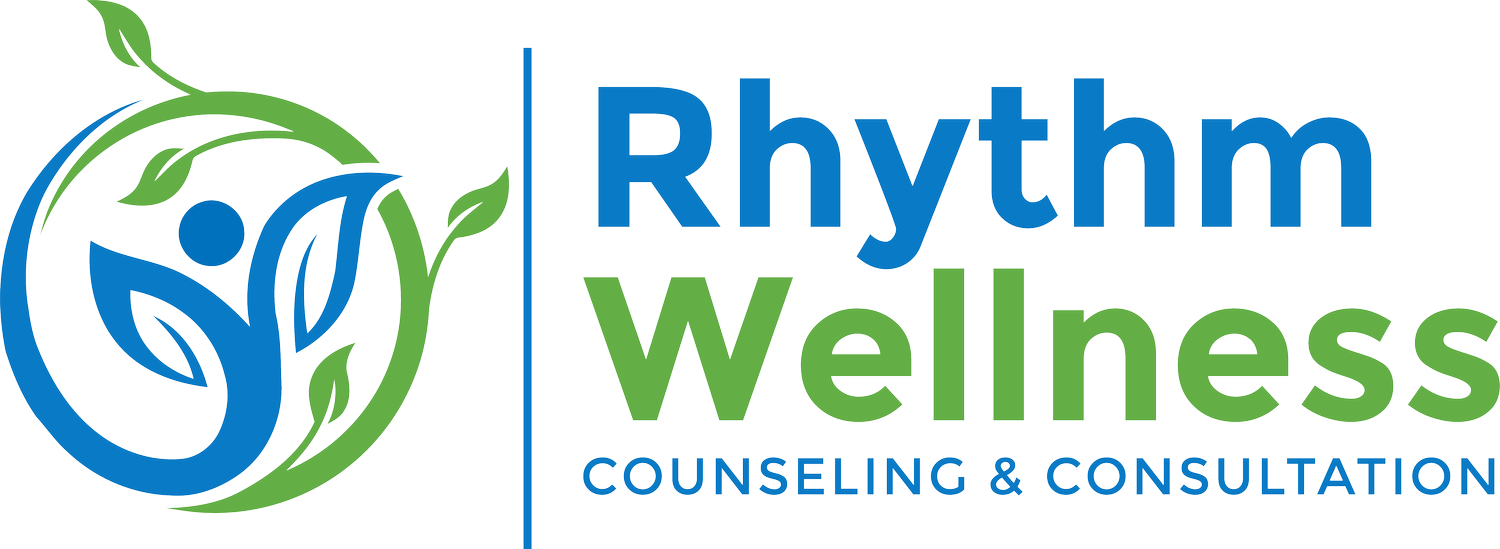The Importance of Self-Care When Working in a Highly-Stressful Profession
If you are a helping professional, such as a teacher, social worker, health care provider, clergy, first responder, or leader supporting others, you know how rewarding and meaningful your work can be. You also know how challenging and demanding it can be, especially in times of crisis, uncertainty, and change. You may face increased workloads, complex cases, limited resources, ethical dilemmas, and emotional stress. You may also struggle to balance your personal and professional lives, and to cope with the impact of vicarious trauma and compassion fatigue.
Self-care is not a luxury or a selfish indulgence for helping professionals; it is an ethical obligation and a vital part of your job performance. Self-care is the intentional practice of taking care of your physical, mental, emotional, relational, environmental, and spiritual needs. It is about being attuned to yourself and what you need to be your most constructive, effective, and authentic self. It is also about being proactive and preventive, rather than reactive and remedial.
Self-care can help you:
Reduce stress and prevent burnout
Enhance your well-being and resilience
Improve your productivity and creativity
Strengthen your relationships and communication
Foster a positive work culture and climate
Align your actions with your values and mission
Make a positive difference in the lives of others
So how can you practice self-care in your workday? Here are some tips from experts and research:
Physical Self-Care
Your body is the vehicle through which you do your work, so it is important to keep it healthy and energized. Physical self-care includes:
Getting enough sleep and rest
Eating nutritious meals and snacks
Drinking plenty of water
Exercising regularly
Taking breaks throughout the day
Stretching and moving your body
Using a standing desk or ergonomic chair
Practicing relaxation techniques such as breathing, meditation, or yoga
Mental Self-Care
Your mind is the tool that you use to process information, solve problems, make decisions, and communicate with others. Mental self-care includes:
Learning new skills and knowledge
Seeking feedback and supervision
Engaging in professional development
Setting realistic and attainable goals
Managing your time and priorities
Delegating tasks and asking for help
Challenging negative thoughts and beliefs
Cultivating a growth mindset
Emotional Self-Care
Your emotions are the signals that tell you how you are feeling and what you need. Emotional self-care includes:
Identifying and expressing your feelings
Seeking support from colleagues, friends, or family
Talking to a therapist or counselor if needed
Practicing self-compassion and kindness
Celebrating your achievements and successes
Finding humor and joy in your work
Engaging in hobbies and interests outside of work
Developing coping skills for stress and trauma
Relational Self-Care
Your relationships are the sources of connection, belonging, and support that you need to thrive. Relational self-care includes:
Building trust and rapport with your clients, coworkers, and supervisors
Communicating clearly and respectfully
Resolving conflicts constructively
Setting boundaries and limits with others
Saying no when necessary
Asking for what you need and want
Giving and receiving feedback graciously
Appreciating and acknowledging others
Environmental Self-Care
Your environment is the physical space where you work and live. It can affect your mood, energy, comfort, and productivity. Environmental self-care includes:
Organizing and decluttering your workspace
Decorating your space with plants, pictures, or other items that inspire you
Adjusting the lighting, temperature, noise level, or ventilation to suit your preferences
Creating a separate space for work and leisure if possible
Switching up your location occasionally if possible
Spending time in nature or outdoors
Spiritual Self-Care
Your spirituality is the sense of meaning, purpose, and direction that guides your life. It can also include your beliefs, values, morals, or faith. Spiritual self-care includes:
Reflecting on your mission and vision for your work
Aligning your actions with your values and ethics
Exploring your beliefs and questions about life
Meditating or praying if that resonates with you
Participating in a community or group that shares your spirituality
Expressing gratitude for what you have
Self-care is not a one-size-fits-all approach; it is highly personal and dynamic. You may need different types of self-care at different times depending on your situation. The key is to be aware of yourself and what works for you. You can start by assessing your current level of self-care in each domain using this self-care assessment tool. Then, you can create a self-care plan that outlines your goals, strategies, and resources for each domain using this self-care plan template. You can also use this self-care checklist to track your daily, weekly, and monthly self-care activities.
Remember, self-care is not selfish; it is essential. By taking care of yourself, you are taking care of your work and the people you serve. You are also modeling self-care for others and creating a culture of wellness in your profession. So, what are you waiting for? Start your self-care revolution today!
References:
Rondina, E. (2018). Self-Care Revolution: A Modern Guide to Creating a Soulful Work-Life Balance. Balboa Press.
Su, A. J. (2017). 6 Ways to Weave Self-Care into Your Workday. Harvard Business Review. Retrieved from https://hbr.org/2017/06/6-ways-to-weave-self-care-into-your-workday
Markway, B. (2018). 5 Self-Care Pillars for Helping Professionals. Psychology Today. Retrieved from https://www.psychologytoday.com/us/blog/shyness-is-nice/201806/5-self-care-pillars-helping-professionals
Goodman, R. D., & Hydon, S. (2018). How Social Workers Can Prioritize Self-Care in High-Stress Working Environments. USC Suzanne Dworak-Peck School of Social Work. Retrieved from https://dworakpeck.usc.edu/news/how-social-workers-can-prioritize-self-care-high-stress-working-environments
Augurian (2022). Professional Self Care: Tips to Lower Career Stress. Retrieved from https://augurian.com/blog/professional-self-care/
